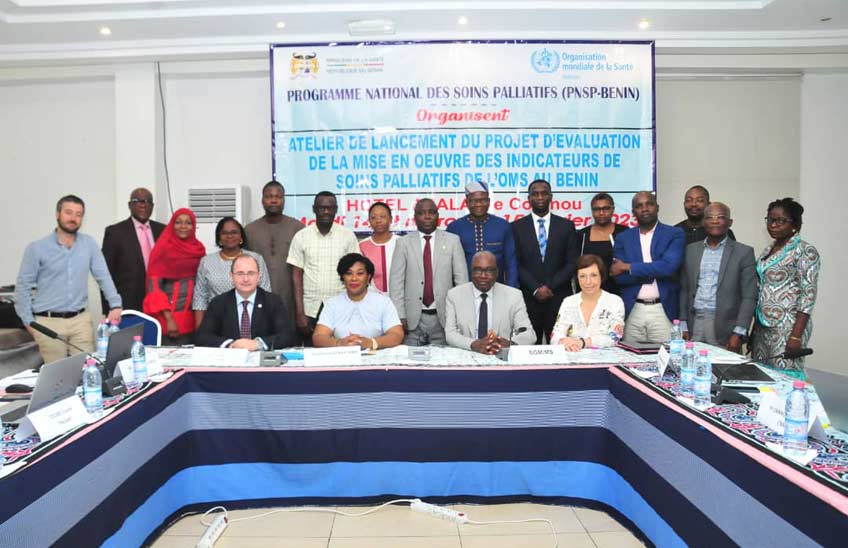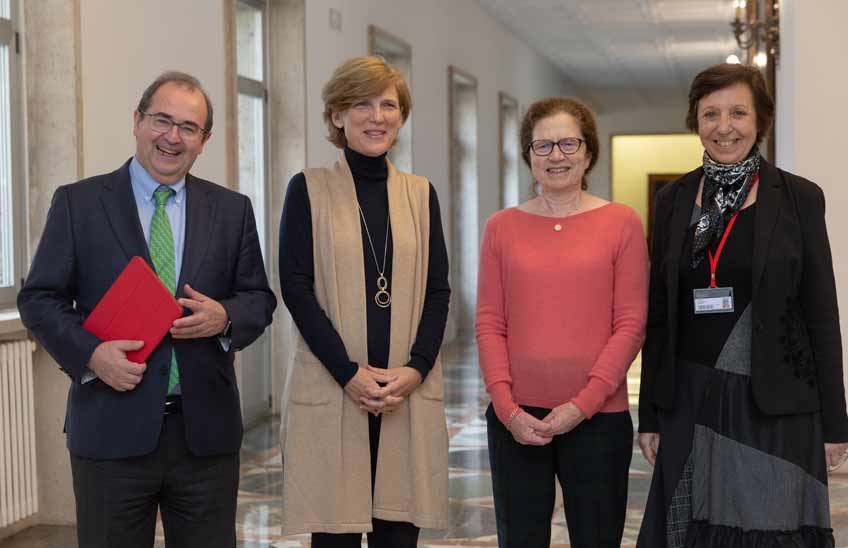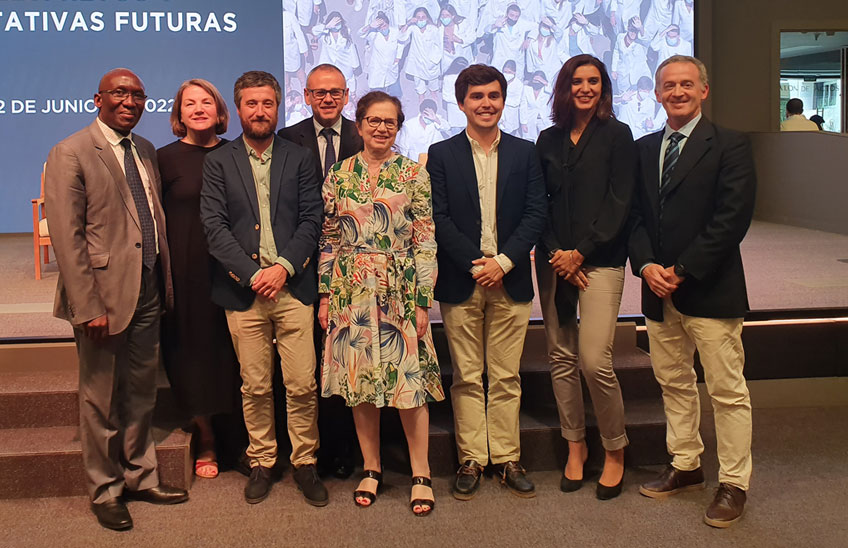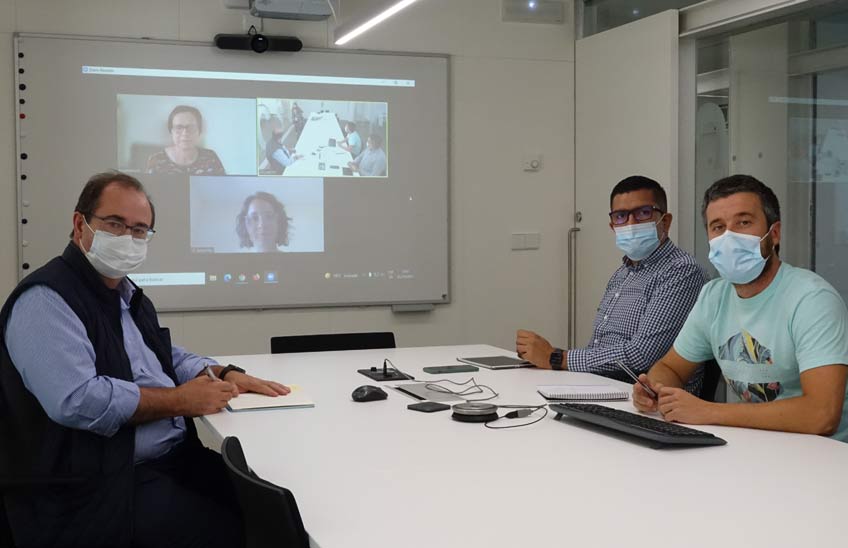ATLANTES researchers participate in the initial meeting of a program to ensure continuity of care for advanced cancer patients at home.
The ATLANTES Global Observatory of Palliative Care of the ICS is one of the institutions from nine countries that make up the project Pal-Cycles, funded by the European Commission.
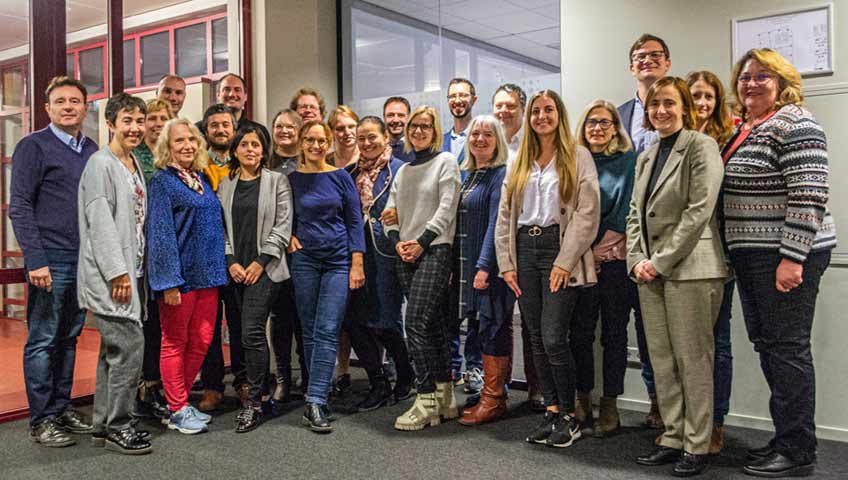
FotoCedida
/Ten partners from nine European countries are part of the Pal-Cycles consortium.
21 | 11 | 2022
María Arantzamendi, Eduardo Garralda and Carla Reigada, researchers and collaborator of the ATLANTES Global Observatory of Palliative Care of Institute for Culture and Society (ICS), participated in the initial meeting of the European project Pal-Cycles in Rotterdam (The Netherlands). The global project , led by Radboud University (The Netherlands), is to develop, implement and evaluate a pioneering program to improve the quality of care for people with advanced cancer and their families by facilitating a smooth transition from hospital to community care.
From agreement with those responsible for project, many people with advanced cancer who are at the end of their life leave the hospital without follow-up information about diagnosis, prognosis and appropriate care. Experts detect that there is often a lack of continuity and coordination in follow-up care and this negatively affects everyone involved in an status advanced disease.
'Palliative care support for the well-being of the cancer patient' (Pal-Cycles) is a project endowed by the European Commission with 4.5 million euros. It has as goal to find the optimal transition model between hospital and home. Under the leadership of Jeroen Hasselaar, professor at Radboud University Medical Center (The Netherlands), this program will facilitate patient-centered communication and continuity of care for people with advanced cancer, reducing unplanned hospital admissions and improving quality of life in the last stage of the disease.
Ten partners from nine European countries (Belgium, Germany, Hungary, the Netherlands, Poland, Portugal, Romania, Spain, the United Kingdom and the Netherlands) are part of the consortium. Using multi-method approaches, this group of research will develop and adapt an intervention to the local, social, cultural and economic contexts of seven countries (Germany, Hungary, the Netherlands, Poland, Portugal, the United Kingdom and Romania).
Specifically, the work package led by ATLANTES includes the assessment of the program. "It consists of an adaptation and implementation analysis process. A case study approach will be used to identify barriers and opportunities for the successful implementation and active participation of patients and healthcare professionals in the program," Maria Arantzamendi, researcher of this group of the ICS, recently detailed.

